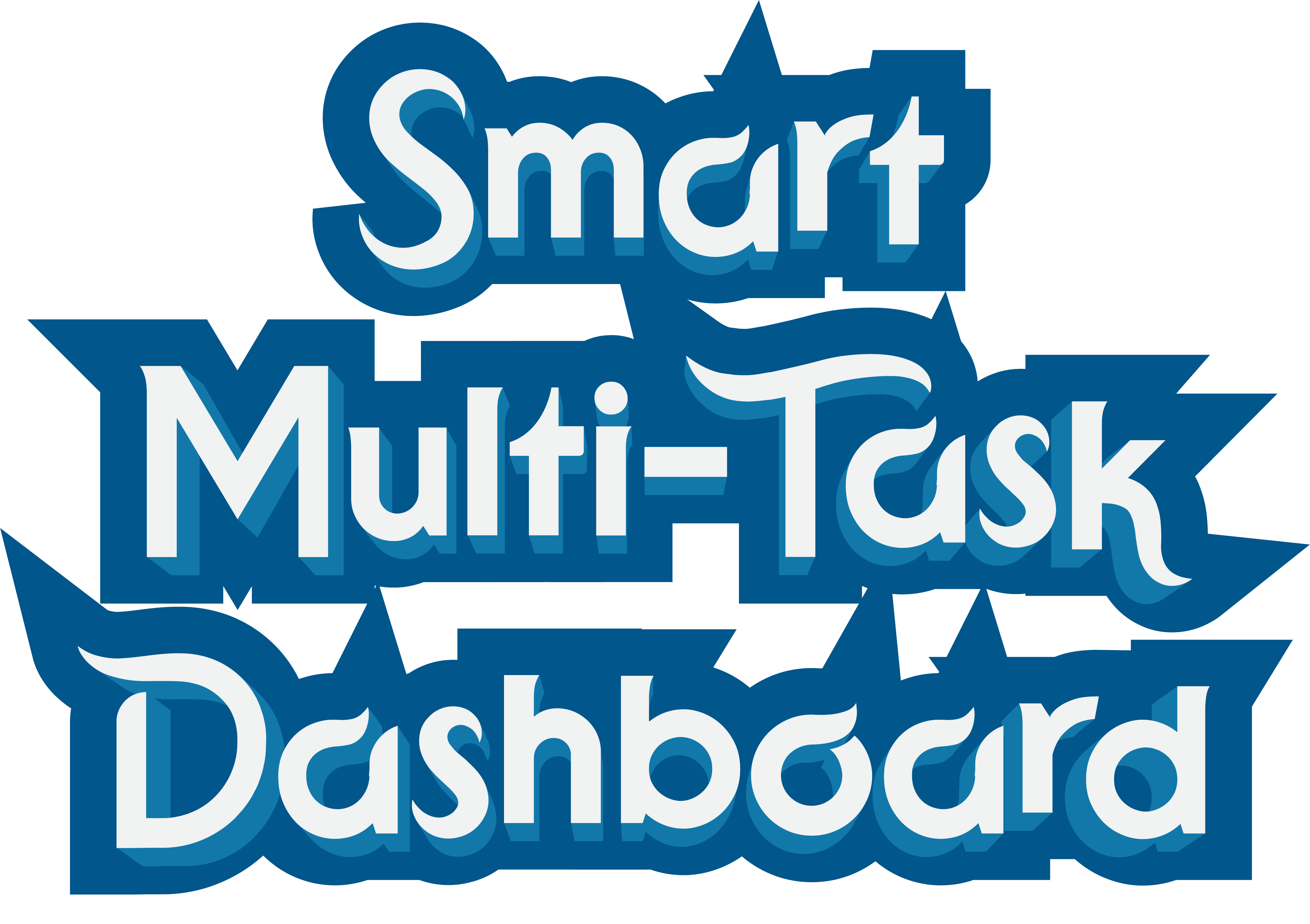Introduction
In the modern world of technology, data exchange and communication are at the core of various industries. Often, the data needs to be transformed from one format to another to enable smooth interactions between different systems and applications. This process of data conversion is where encoder/decoder tools come into play. In this article, we will delve into the world of encoder/decoder tools, exploring their functionalities, benefits, and applications.
Understanding the Basics:
What are Encoder/Decoder Tools?
Encoder/Decoder tools, also known as codec tools, are software programs or algorithms designed to convert data from one format to another. They facilitate the efficient and accurate translation of data, ensuring compatibility between various systems and applications. Encoders are responsible for converting data into a specific format, while decoders reverse the process by translating the encoded data back to its original form.
How do Encoder/Decoder Tools Work?
These tools operate based on specific encoding and decoding schemes. These schemes can be simple or complex, depending on the level of data transformation required. The process generally involves taking the input data, applying encoding algorithms, and generating a transformed output. Decoding, on the other hand, reverses this process, taking the encoded data and converting it back to its original state.
The Importance of Encoder/Decoder Tools:
Enhancing Data Security
One of the primary reasons for using these tools is to enhance data security. This ensures that even if the data is intercepted, it remains indecipherable without the appropriate decoding key.
Facilitating Data Compression
These tools also play a crucial role in data compression. They can efficiently reduce the size of data by encoding it in a compressed format. This not only saves storage space but also enables faster data transmission, making it ideal for bandwidth-limited environments.
Enabling Data Interoperability
In a diverse technological landscape, different systems and applications often use different data formats. These tools bridge this gap by facilitating data interoperability. They allow seamless communication between systems that would otherwise be incompatible, enabling the exchange of information without any loss of integrity.
Applications of Encoder/Decoder Tools:
Multimedia Processing
Encoder/decoder tools find extensive use in multimedia processing. They are employed in audio and video compression to reduce file sizes without compromising quality. Popular multimedia codecs like MP3 and H.264 are widely used in various devices and platforms.
Networking and Communication
In networking and communication systems, data is transmitted over various protocols. Encoder/decoder tools ensure smooth communication between devices using different data formats and protocols, making data exchange efficient and reliable.
Data Archiving
Data archiving often involves storing vast amounts of information while minimizing storage space. Encoder/decoder tools help in compressing and encoding data before archiving, ensuring efficient use of storage resources.
The Future of Encoder/Decoder Tools
The world of data exchange and communication is continually evolving. As technology advances, the demand for efficient and versatile encoder/decoder tools will only grow. Future tools are likely to be more sophisticated, capable of handling complex data types, and providing higher levels of security.
Conclusion
In conclusion, encoder/decoder tools are indispensable in the world of data conversion and communication. They enable secure data exchange, facilitate data compression, and promote interoperability between various systems. As technology progresses, these tools will continue to play a crucial role in simplifying data transformation processes across industries.




